Is It Okay to Take a Mental Health Day From Work? (Yes—Here’s Why)
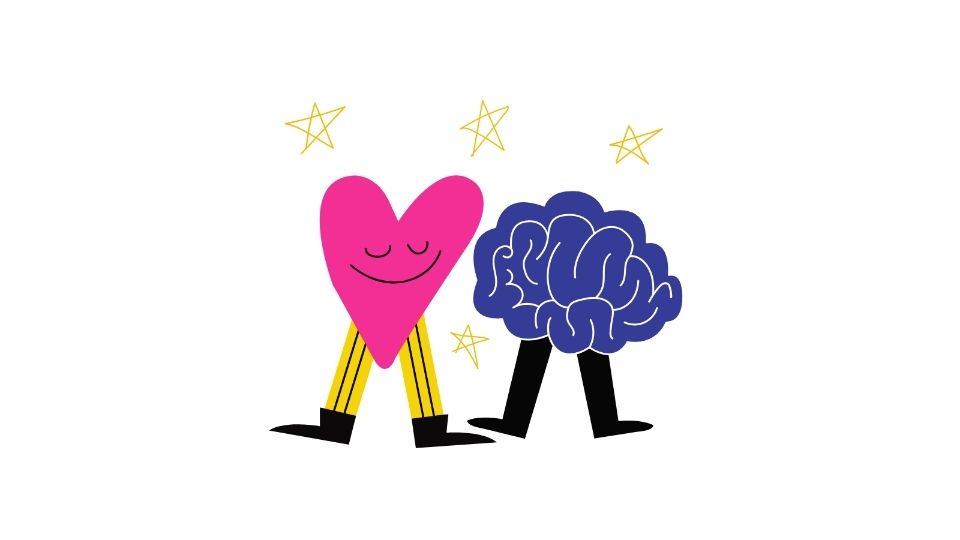
Yes, you probably should take that mental health day. Here’s why.
Mental health days aren’t just for people having breakdowns in the bathroom stall. They’re for everyone with a brain that occasionally needs a tune-up.
Think of it this way – if you had the flu, would you drag your sneezing, feverish body into work? Probably not. So why do we treat our mental health differently?
Let’s dive into why taking a mental health day is actually okay (spoiler alert: it’s more than okay) and how to do it without burning bridges or feeling guilty.
Mental Health Days: What They Are and Why You Need Them
A mental health day is exactly what it sounds like – a day off specifically taken to address your mental wellbeing. Just like you’d take a sick day for a physical illness, these days give your brain a chance to recover from stress, anxiety, or burnout.
According to the World Health Organization, good workplace mental health policies actually improve productivity. So you’re not slacking – you’re investing in your performance.
Why Your Brain Deserves a Break
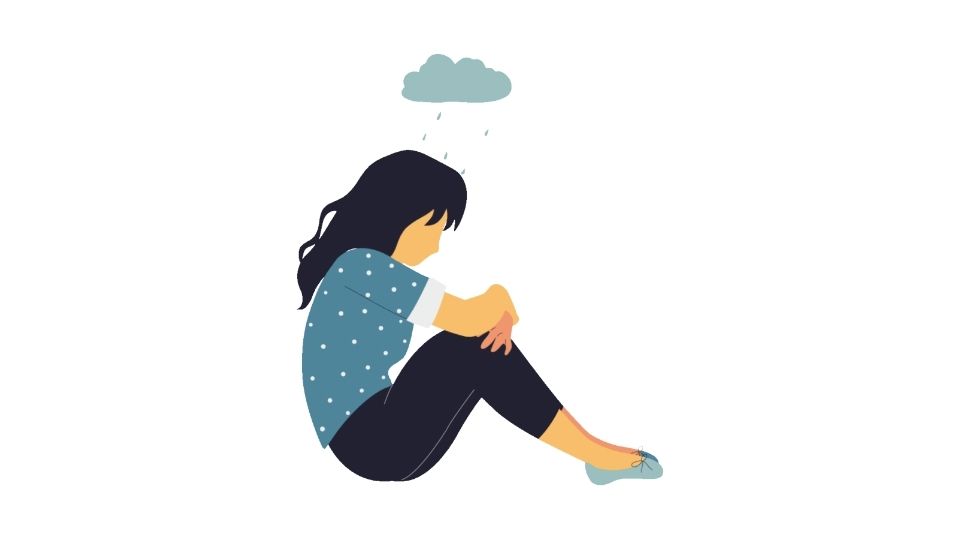
Your brain isn’t designed to run at full capacity 24/7/365. That’s not how humans work.
When mental health symptoms start piling up, continuing to push through can actually:
- Make your symptoms worse
- Decrease your productivity
- Lead to physical health problems
- Result in more time off later when you completely crash
Think about it like this: would you drive your car until it completely breaks down, or would you take it in for regular maintenance? Your brain deserves at least as much care as your Honda.
Legal Stuff You Should Know (But Don’t Need to Stress About)
Good news! In many countries, you have actual legal protections for taking time off for mental health reasons.
In the U.S., the Family and Medical Leave Act (FMLA) protects eligible workers who need time off for serious health conditions, including mental health issues. The Americans with Disabilities Act (ADA) requires employers to provide reasonable accommodations for mental health conditions too.
Here’s what you should know:
- You don’t have to disclose your specific diagnosis
- Employers can’t legally discriminate based on mental health conditions
- Your job should be protected if you’re taking legitimate time off
That said, know your company’s policies. Some places require doctor’s notes for extended absences, while others have unlimited PTO or specific mental health leave policies.
How to Actually Take a Mental Health Day (Without the Guilt Trip)
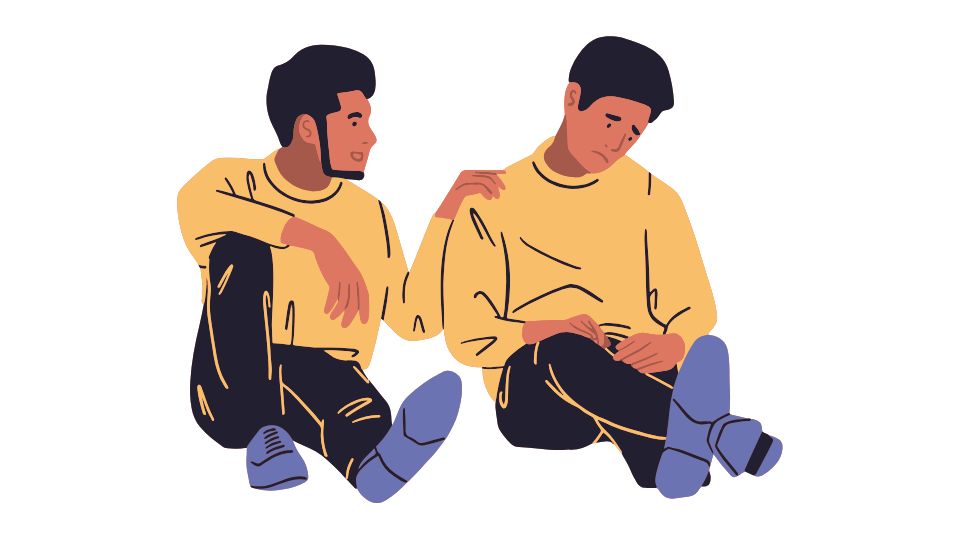
Let’s be real – knowing you can take a mental health day and actually taking one are two different things. Here’s how to do it effectively:
Notify your boss appropriately – You don’t need to overshare. “I’m not feeling well and need to take a sick day” is perfectly acceptable. No need to detail your anxiety spiral or emotional breakdown.
Plan ahead when possible – If you feel burnout coming, try to schedule your day off when it won’t cause team disruptions.
Use the time meaningfully – Don’t spend the day doom-scrolling or worrying about work. Actually rest, practice self-care, see a therapist, go for a walk in nature, or whatever helps your mental state.
A Harvard Business Review study found that employees who take mental health breaks return more productive and engaged. So your day off is actually good for business.
Common Myths That Need to Die
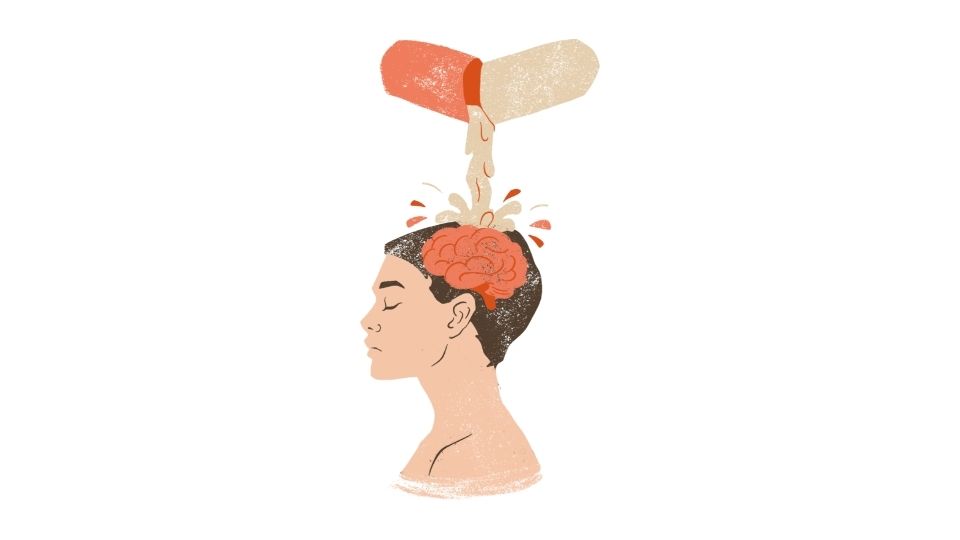
Let’s bust some outdated beliefs:
Myth: Taking a mental health day means you’re weak.
Reality: Recognizing your limits and practicing self-care is actually a sign of emotional intelligence and strength.
Myth: People with mental health challenges can’t handle demanding jobs.
Reality: Many high-performers manage mental health conditions successfully while crushing it at work.
Myth: I’ll be seen as unreliable if I take mental health time.
Reality: Burning out and performing poorly for weeks is way worse than taking a strategic day to recharge.
What to Do During Your Mental Health Day
So you’ve decided to take the day. Now what? Here are some actually helpful ways to spend it:
- Disconnect completely from work emails and Slack
- Get outside – nature has proven mental health benefits
- Move your body – even gentle exercise releases feel-good chemicals
- See a therapist or use an online therapy platform
- Rest without feeling guilty about it
- Address stressors that might be building up (bills, household tasks)
The worst thing you can do is take a mental health day and spend it worrying about work or feeling guilty. That defeats the whole purpose!
According to research from the American Psychological Association, regular mental health maintenance prevents more serious problems down the road. Think of it as preventative care for your brain.
The Bottom Line: Your Brain Deserves This
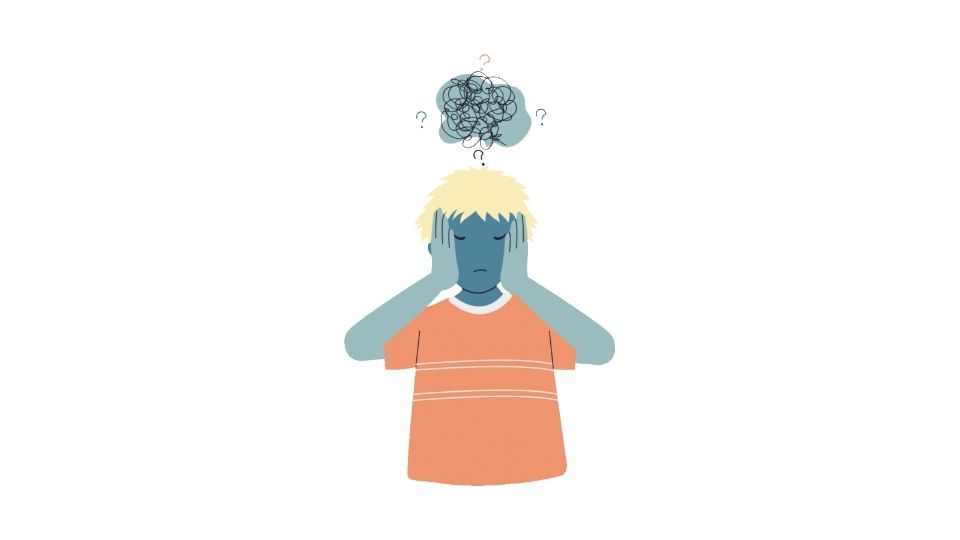
Taking a mental health day isn’t just okay – it’s smart. It’s investing in your long-term performance, health, and happiness.
Your work will still be there tomorrow, but with proper mental health care, you’ll be better equipped to handle it. And remember, no job is worth sacrificing your mental wellbeing for.
So go ahead, take that mental health day. Your future self will thank you for it.

